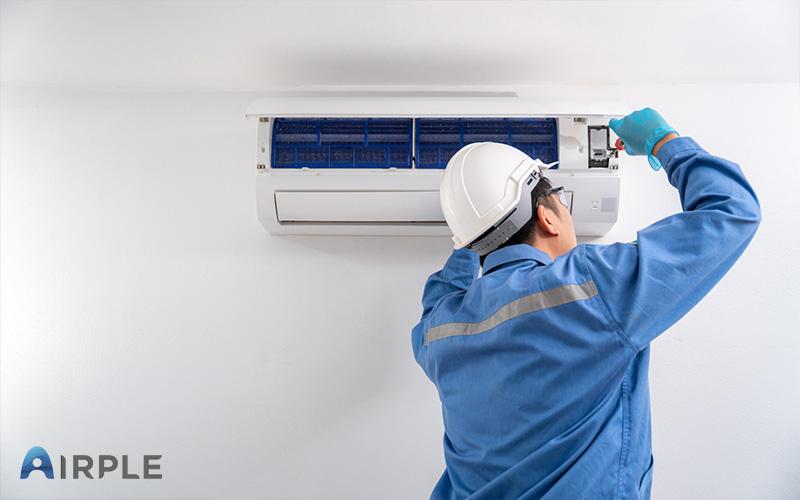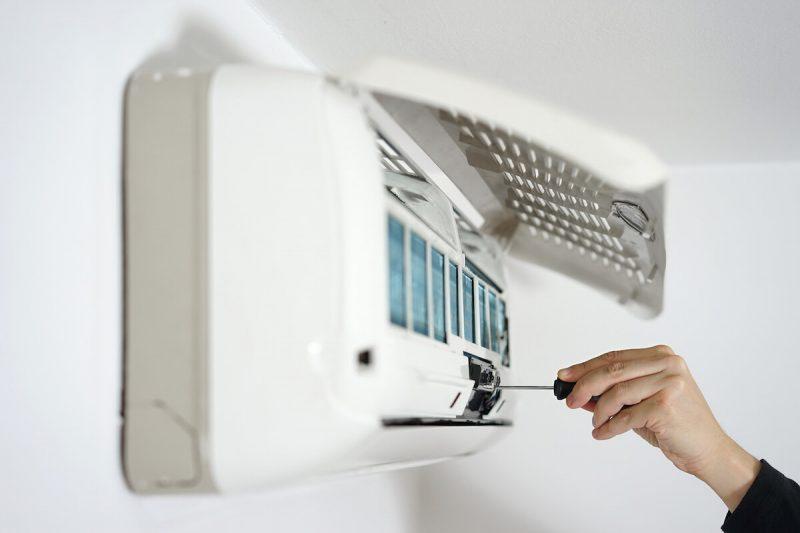
When temperatures soar as they often do in Singapore, the temptation to leave your air conditioner running round the clock can be hard to resist, but for the thought of incurring exorbitant utility expenses. However, is running your air conditioning 24/7 really all that bad? From air conditioning efficiency to system lifespan, here are some of the pros and cons of doing so.
Understanding Continuous Operation Benefits

Having round-the-clock air conditioning offers several benefits, particularly in areas with hot, humid climates:
Consistent Indoor Temperatures:
A round-the-clock air conditioning system ensures a consistent indoor environment, avoiding fluctuations that can occur when the unit cycles on and off. This is especially beneficial for those who are sensitive to temperature changes, such as young children or the elderly.
Improved Humidity Control:
Air conditioning systems naturally dehumidify the air as part of their cooling process. Continuous operation enhances humidity regulation, which is essential for comfort and preventing issues like mould growth.
Enhanced Air Quality:
By keeping your air conditioning on, you also maintain constant filtration of indoor air, reducing allergens and pollutants.
These are the main advantages that make air conditioning 24/7 such an appealing prospect to many households.
Energy Consumption Considerations

For all its advantages, one of the most glaring concerns of continuously leaving your unit on is the cost of running air conditioning. A constantly operating system can lead to:
Increased Energy Bills:
Air conditioners consume a lot of electricity, and naturally, continuous use can cause utility costs to spike, especially during peak summer months.
Reduced Energy Efficiency:
Older or poorly maintained units may struggle to keep up with the demands that come with running air conditioning 24/7, using more energy than necessary and further driving up costs.
There needs to be a balance between comfort and cost. For some households, the added expense might not justify the benefits of round-the-clock cooling.
Wear and Tear on Your Unit

While modern air conditioning systems are designed for frequent use, running them non-stop can lead to:
Increased Maintenance Needs:
Constant operation accelerates wear and tear on components like the compressor, fan motor, and aircon capacitor. This could result in more frequent repairs or breakdowns.
Shortened System Lifespan:
The harder your system works, the sooner parts will need replacing, and even the overall unit may require replacement sooner than expected.
Aircon Troubleshooting Challenges:
Over time, issues like refrigerant leaks, clogged filters, or coil freezing may arise, which would require professional aircon troubleshooting and repair.
To mitigate these risks, it is important to schedule regular servicing and cleaning. Ignoring maintenance can lead to costly expenses that arise from repairing aircon components or replacing major parts altogether.
Optimal Settings for Efficiency

If you decide to run your air conditioning 24/7, adopting efficient practices can help reduce energy consumption and damage from wear and tear:
Set the Thermostat Wisely:
Keep the temperature at a consistent yet comfortable level. The recommended setting is around 24°C to 26°C to optimise comfort management and aircon efficiency.
Use a Programmable Thermostat:
Smart thermostats can adjust temperatures automatically during specific hours, such as slightly raising the temperature at night when the outdoor climate is cooler.
Regular Maintenance:
Clean filters, coils, and vents regularly to ensure your unit operates at peak air conditioning efficiency.
Following these steps can help you enjoy the benefits of continuous operation whilst minimising costs and prolonging the lifespan of your air conditioner.
Learn More: Handy Tips To Cut Down Your Air Con’s Energy Consumption
Alternatives to 24/7 Use

If the costs or risks of constant operation outweigh the benefits of adopting air conditioning 24/7 for your household, consider alternatives to maintain comfort:
Strategic Fan Use:
Ceiling or pedestal fans can enhance air circulation and make your space feel cooler without significant additional energy demands.
Shading and Insulation:
Close curtains or blinds during the day to block out heat, and ensure your home is well-insulated to retain cool air.
Natural Ventilation:
Open windows during cooler evenings to allow fresh air in, reducing the need for air conditioning.
Smart Cooling Schedules:
Instead of running your air conditioner continuously, use timers to run it during peak heat hours and switch to fans or ventilation during cooler periods.
These strategies can reduce your reliance on air conditioning without compromising on comfort, all whilst keeping your energy bills manageable.
The decision to run your air conditioner throughout depends on your comfort needs, budget, and willingness to maintain the system regularly. While continuous operation offers consistent cooling and improved air quality, it can increase energy costs and lead to faster wear and tear.
If you do opt for round-the-clock operation, adopt efficient aircon usage tips to maximise efficiency and minimise strain on your system. Alternatively, explore other cooling strategies to find a balance that works best for you.
If you require professional guidance on system maintenance, efficiency optimisation, or general aircon troubleshooting, let our team of experts at Airple help you out. With a broad range of air conditioning services available, we are a trusted one-stop service provider for all your air conditioning needs.
For more information about our services, please contact us today
Sign up for our newsletter
Get the best content on user insights, design, and product management delivered to your inbox every week.
Share This Article


